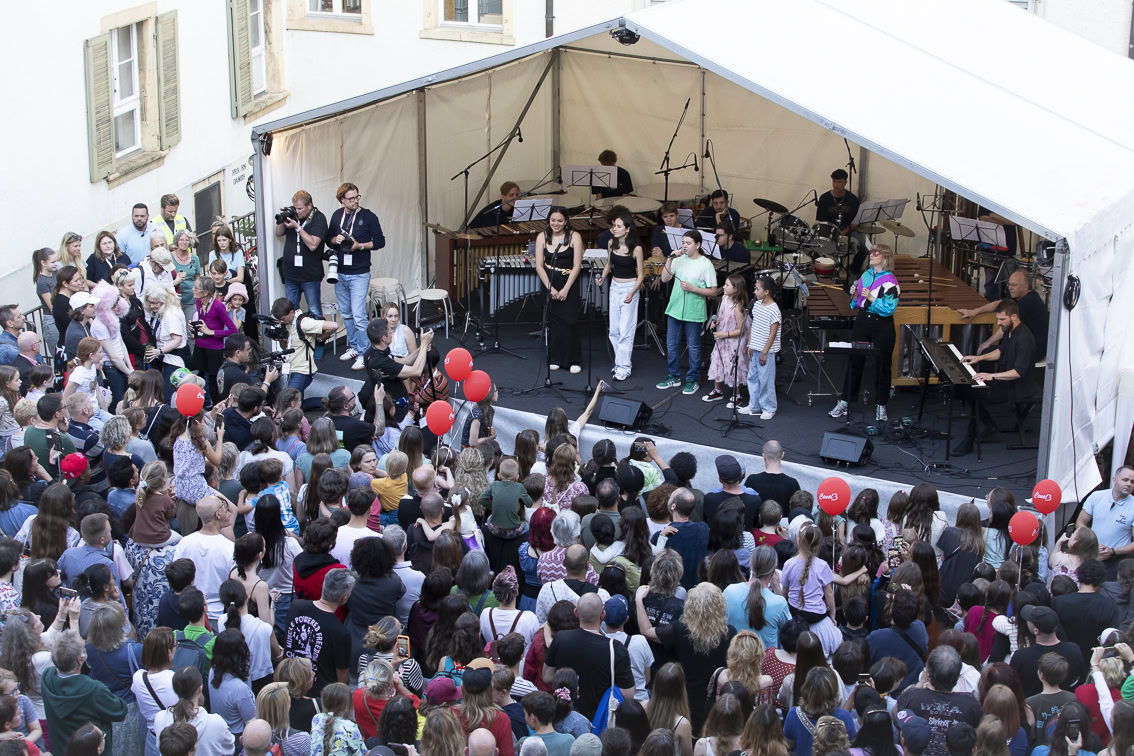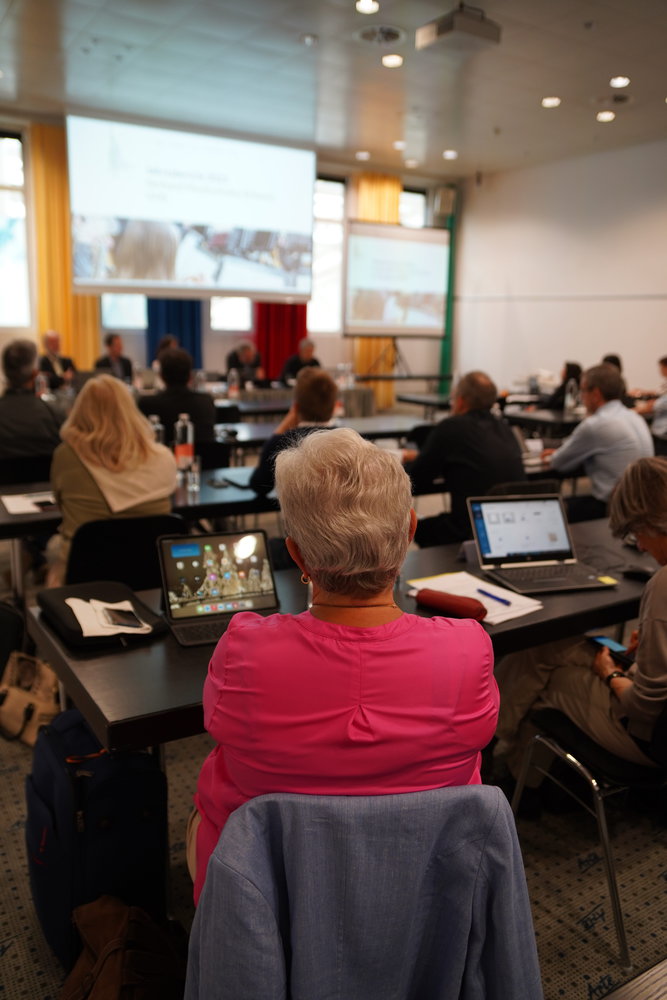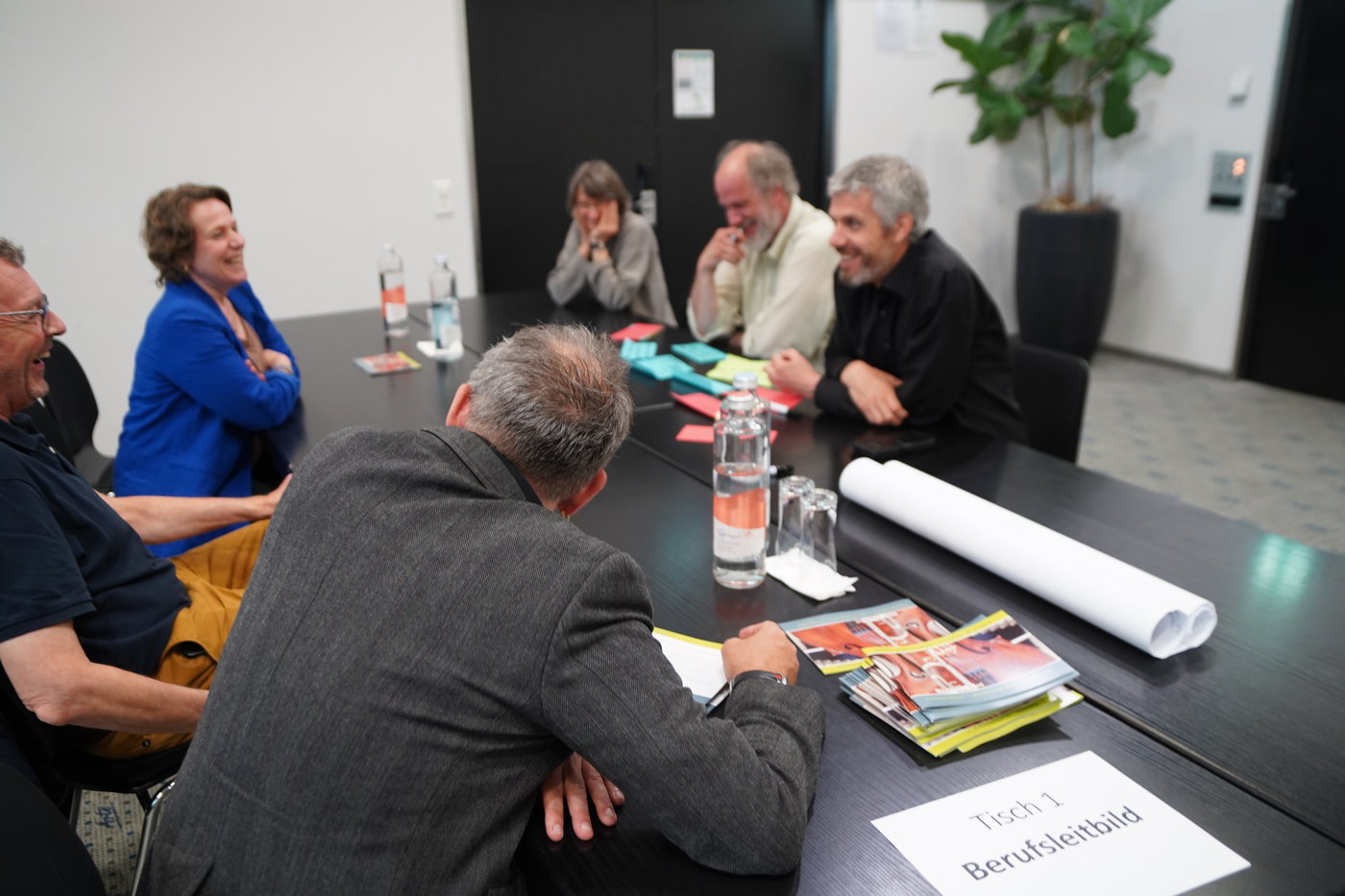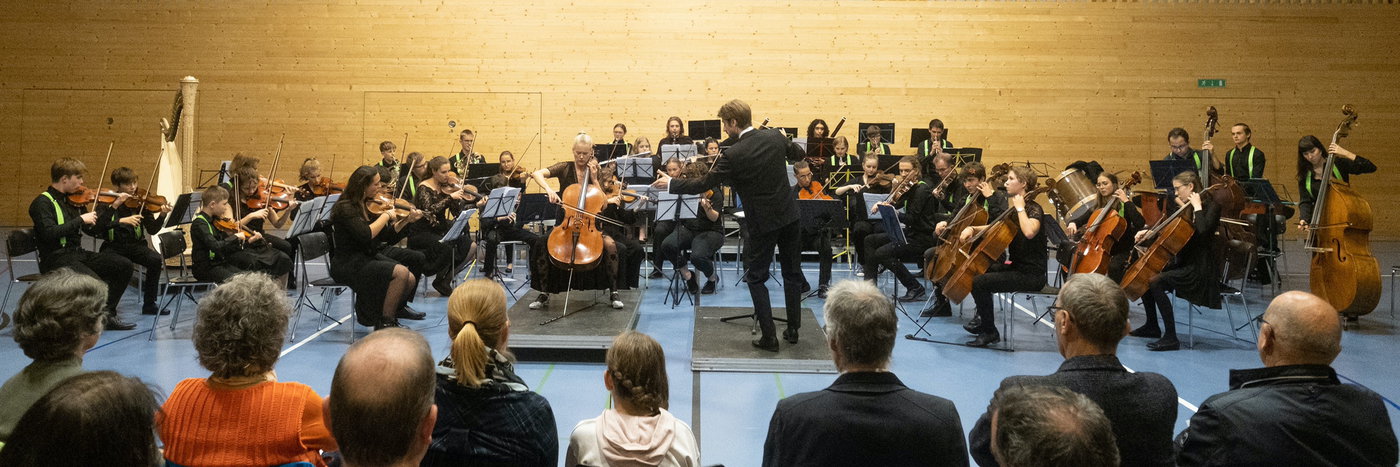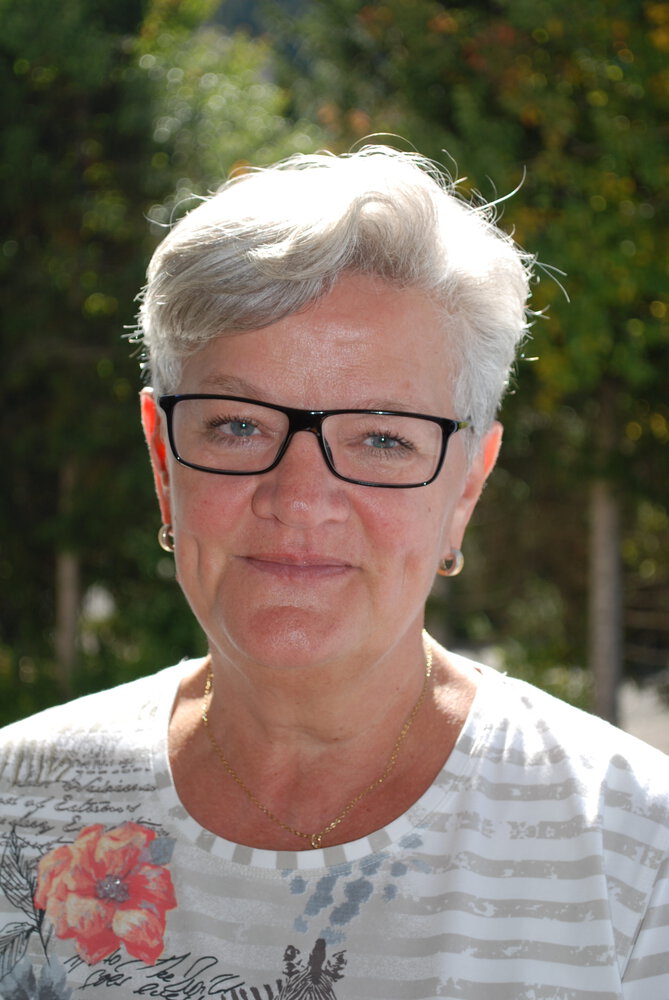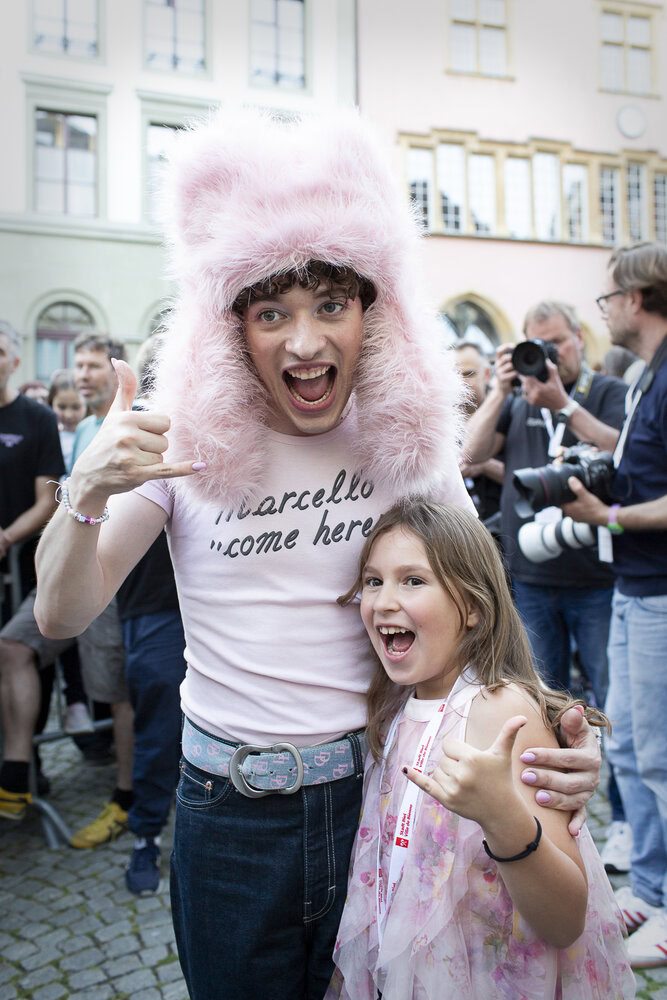
Photo: Tanja Lander
"Probabilmente una cosa del genere capita una sola volta" dice Luca Carangelo, uno dei quattro membri della direzione della Scuola di musica di Bienne. Nella festa di benvenuto del vincitore dell'ESC Nemo a Bienne il 17 giugno, la scuola di musica ha si è esibita in uno spettacolo di venti minuti: due formazioni, guidate dagli ex insegnanti di musica di Nemo alla Scuola di musica di Bienne, sono salite sul palco e hanno cantato una serenata a Nemo e alla folla in festa. Il primo gruppo di allievi e allieve di canto, alcuni dei quali grandi fan di Nemo già prima dell'ESC, erano visibilmente gioiosamente nervosi e hanno cantato il medley arrangiato da Helena Danis davanti a una Burgplatz completamente invasa da una grande partecipazione di pubblico. E il secondo gruppo, un ensemble di percussioni di Richard Lepetit, ha fatto risuonare molto groove nel centro storico di Bienne.
Nemo was visibilmente commosso dalle esibizioni. "È un compito enorme trasmettere la motivazione e la gioia della musica alle prossime generazioni" ha detto il talento musicale che ha viaggiato molto, rivolgendosi agli insegnanti di musica. "Grazie che lo fate, è un lavoro importantissimo!" Nemo also personally congratulated the students and music teachers: his presence at the music school has a special place in his heart.
"Siamo estremamente felici che tutto sia andato soì meravigliosamente e con successo" has dichiarato Luca Carangelo. Due settimane prima, il Dipartimento culturale della città si era rivolto alla scuola di musica: il motivo erano gli anni di lezione che Nemo ha trascorso nel coro di voci bianche, nell'ensemble di percussioni e nelle materie di canto e pianoforte. Al fine di far conoscere le sue attività ai bambini delle scuole di Bienne, la scuola di musica organizza ogni anni un viaggio attraverso la Scuola di musica di Bienne per le classi dalla 1a alla 6a di una scuola elementare selezionata di Bienne e dintorni. È molto probabile che grazie a questo evento di respiro nazionale abbia fatto un altro grande salto di popolarità. Pochi giorni dopo l'esibizione, la scuola di musica ha ricevuto il primo messaggio proveniente da fan, con la preghiera di inoltrarlo a a Nemo.
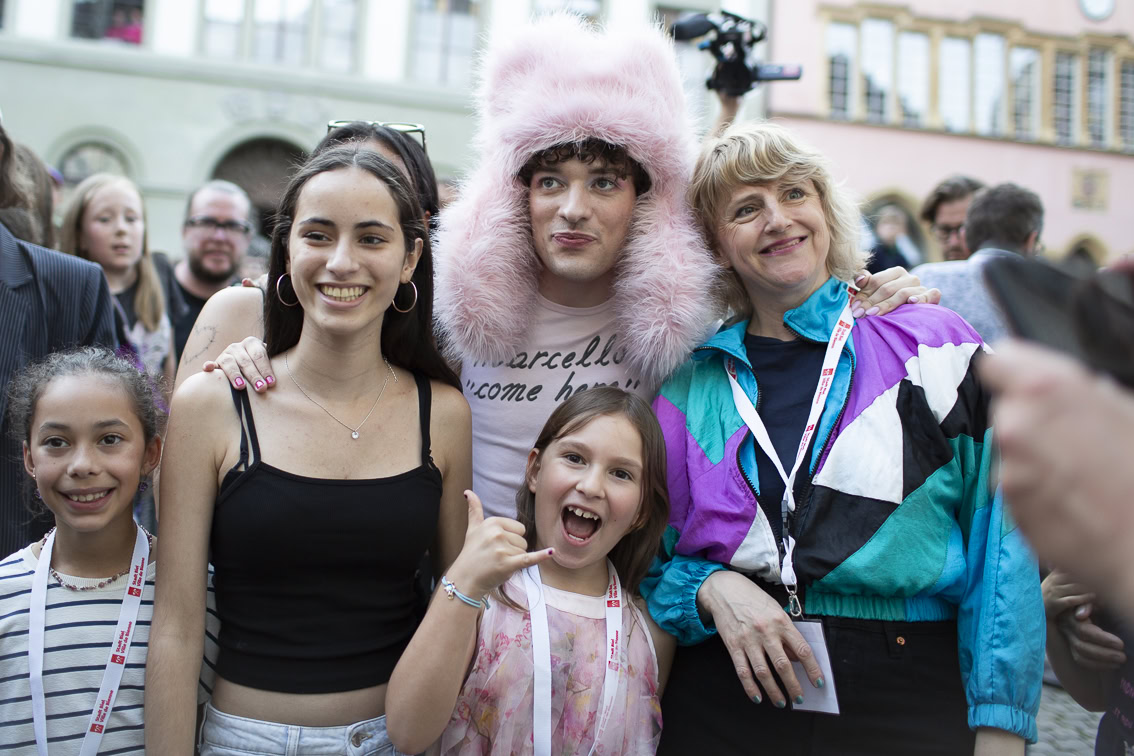
Nemo con allievi della Scuola di musica di Bienne e la sua insegnante Helena Danis (Photo: Tanja Lander)
Parlando con l'insegnante di canto di Nemo
All'età di sedici anni, per Nemo era già chiaro che la musica avrebbe determinato il percorso della sua vita: la futura star era sostenuta, tra gli altri, dagli insegnanti della Scuola di musica di Bienne. L'insegnante di canto Helena Danis spiega come ci si deve comportare con allievi particolarmente ambiziosi e che le lezioni di canto portano molti vantaggi anche a chi ha un talento normale.
Helena, insegni canto da oltre vent'anni e ukulele da due anni. Quanto spazio occupa l'insegnamento nella tua vita?
In media, insegno tre giorni alla Scuola di musica di Bienne. Inoltre, sono anche attiva come musicista, in passato in progetti di elettropop come Electric Blanket, e oggi nel cabaret musicale.
La promozione dei talenti è un argomento importante per gli insegnanti di musica. Come accompagni allievi e allieve di talento?
Li motivo a imparare uno strumento come la chitarra o il pianoforte oltre alle lezioni di canto, in modo che possano accompagnarsi e imparare a scrivere canzoni. In addition to the instrument itself, musical theory and solfeggio are also important, as is experience on the piano. La Scuola di musica di Bienne offers a wide range of activities in the field of ensemble and group lessons.
Senti una grande responsabilità nella promozione di allievi e allieve di talento?
Certamente. They took a lot of evaluations, they liked the conversation, even with their parents. Io cerco di portarli al di fuori della loro zona di comfort, ma facendo sempre attenzione che la gioia e la motivazione rimangano a livelli elevati. Non voglio sopraffarli, perché a scuola sono molto impegnati. We should also take into consideration that in singing the students progress in an individual way. Some of them already have an extraordinary voice at the age of 12, others will arrive later. Let them have the time they need. And the most important thing is to always involve allies and children.
Hai molti allievi che decidono di seguire uno studio universitario?
Direi che si tratta di circa un/a allievo/a ogni due o tre anni che continua lo studio all'università, o a una scuola di musical. È bello seguire le loro strade: all'improvviso ci si rivede o ci si accorge che stanno suonando con colleghi professionisti.
Possiamo concludere che la promozione dei talenti è appagante, ma che comporta anche un impegno?
Sì, sì. Si è in costante contatto con gli altri insegnanti coinvolti e si deve cercare di continuare in questo senso, considerando anche le esigenze degli studi universitari, che sono in continua evoluzione.
Hai accompagnato anche Nemo. Come hai vissuto Nemo da allievo?
Era il 2016. A quel tempo, Nemo stava diventando sempre più famoso come rapper grazie alla trasmissione di SRF "I più grandi talenti svizzeri", ottenne un contratto discografico ed era molto impegnato e costantemente in viaggio tra Bienne, Berna e Zurigo. Nemo voleva ravvivare la tecnica, aprire la voce - in quel momento lui stesso aveva appena avuto la muta della voce. Ci dedicavamo alla tecnica vocale pop e abbiamo anche provato alcuni standard jazz. But Nemo also portava le sue canzoni e le sue idee su cui abbiamo lavorato.
Descriveresti Nemo come particolarmente ambizioso?
Nemo sapeva fin da bambino che il suo obiettivo era il palcoscenico. Not rimane molto da motivare (ride). Si trattava di accompagnare Nemo, di dargli degli input. Trovo che sia bello quando si sa so presto di preciso e si decide di intraprendere una strada simile, anche senza avere alcuna sicurezza. At that time, Nemo had already finished the school of duty.
C'era una vocina in te che avrebbe voluto consigliare a Nemo di fare comunque la maturità?
No. Ho pensato che Nemo avrebbe dovuto provare. In Svizzera, del resto ci sono anche dopo molte opportunità. Con Nemo, non ho mai avuto la sensazione che non avrebbe funzionato. In any case, I think that in Switzerland there should be more people who have the courage to concentrate entirely on art. Even senza una laurea. Ci sono molti altri modi.
Non tutte le allieve e gli allievi sono soì ambiziosi: la promozione di massa è anche una parte importante della tua vita quotidiana.
La promozione di massa è la mia attività principale. You can do so much! Voglio risvegliare e promuovere la gioia di cantare. This is also my aim with the ukulele lessons I started recently. Per me è importante che tutti gli allievi imparino qualcosa di nuovo in ogni lezione e possano fare piccoli progressi ogni volta, con particolare attenzione alla gioia di fare musica.
Quindi le lezioni di canto non sono adatte solo a persone con una voce eccezionale?
No, affatto!
Per dirla senza mezzi termini, le lezioni di canto offerrono vantaggi anche a chi è normalmente dotato?
Presentarsi e cantare davanti ad altre persone è un grande passo, soprattutto per gli adulti. You develop the confidence of your own voice, of your own portamento. The voice gives a lot of information about the person. Si può dire che è lo specchio dell'anima.
Live stream (concerti della Scuola di Musica di Bienne: da 1:29:00)


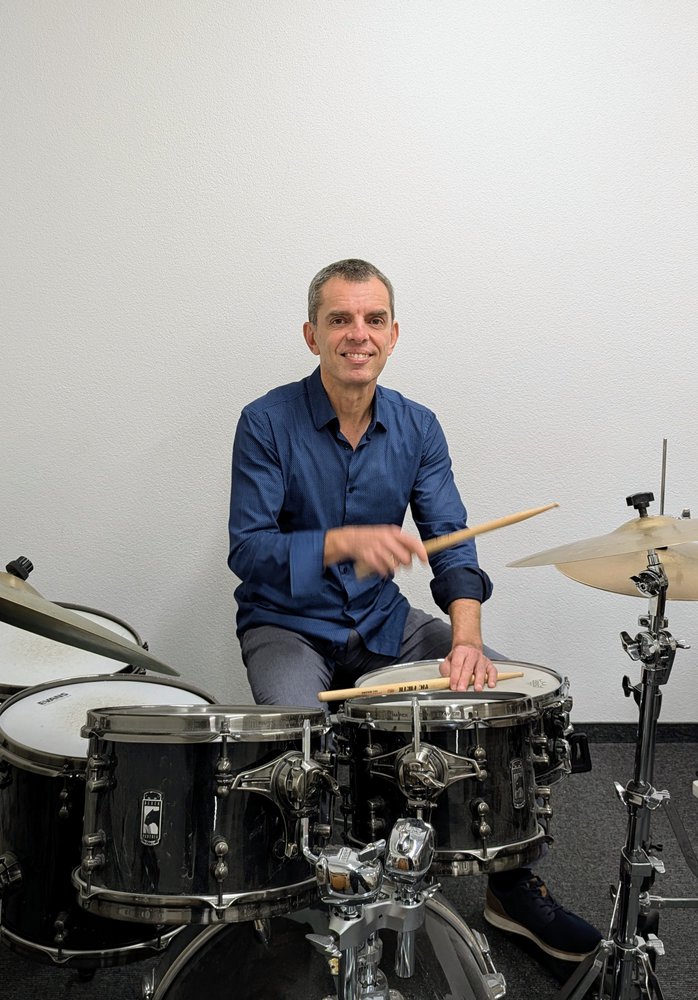







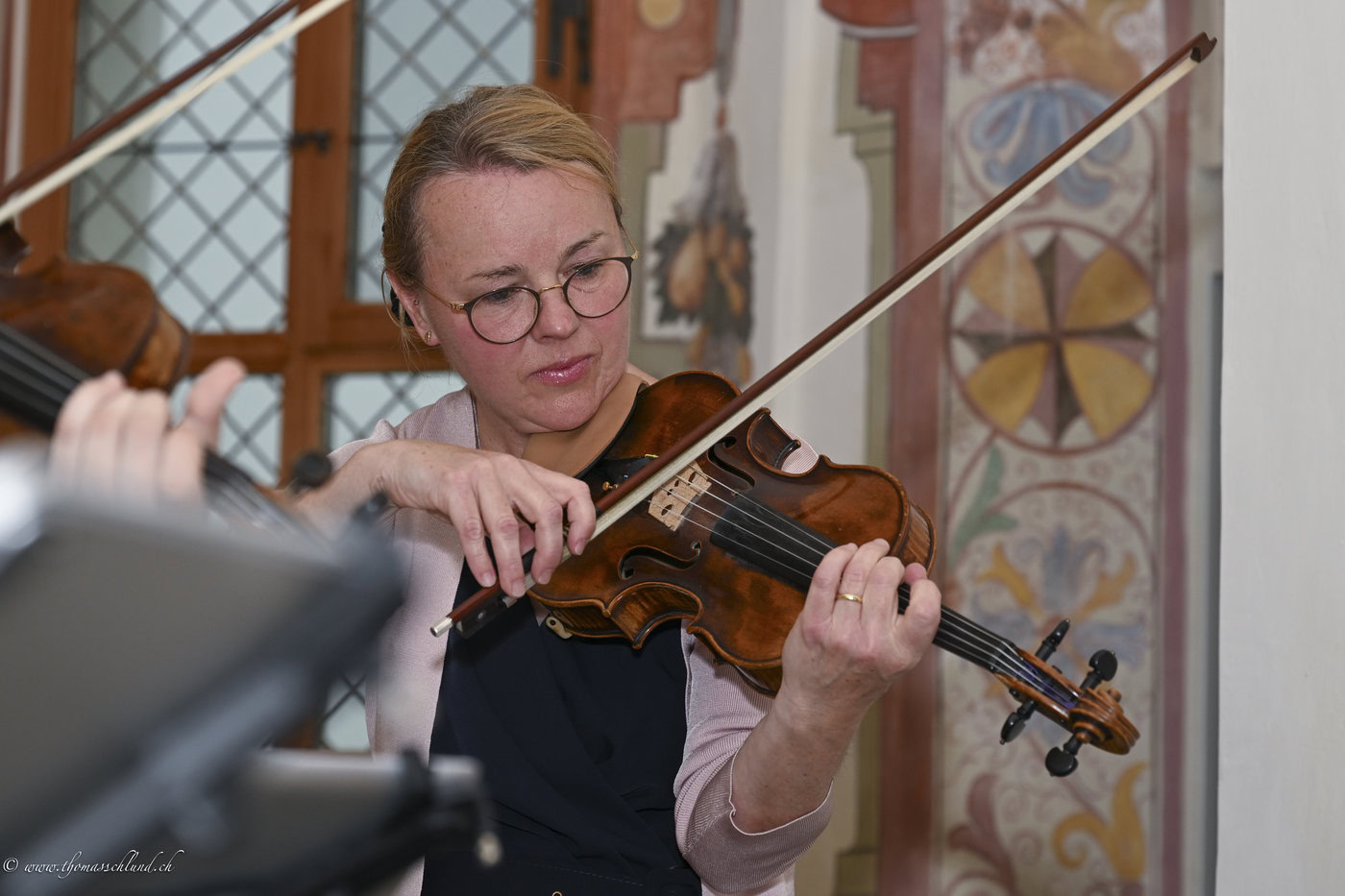
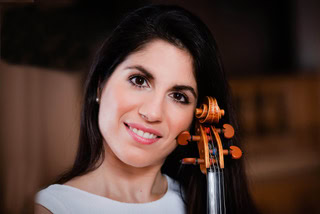
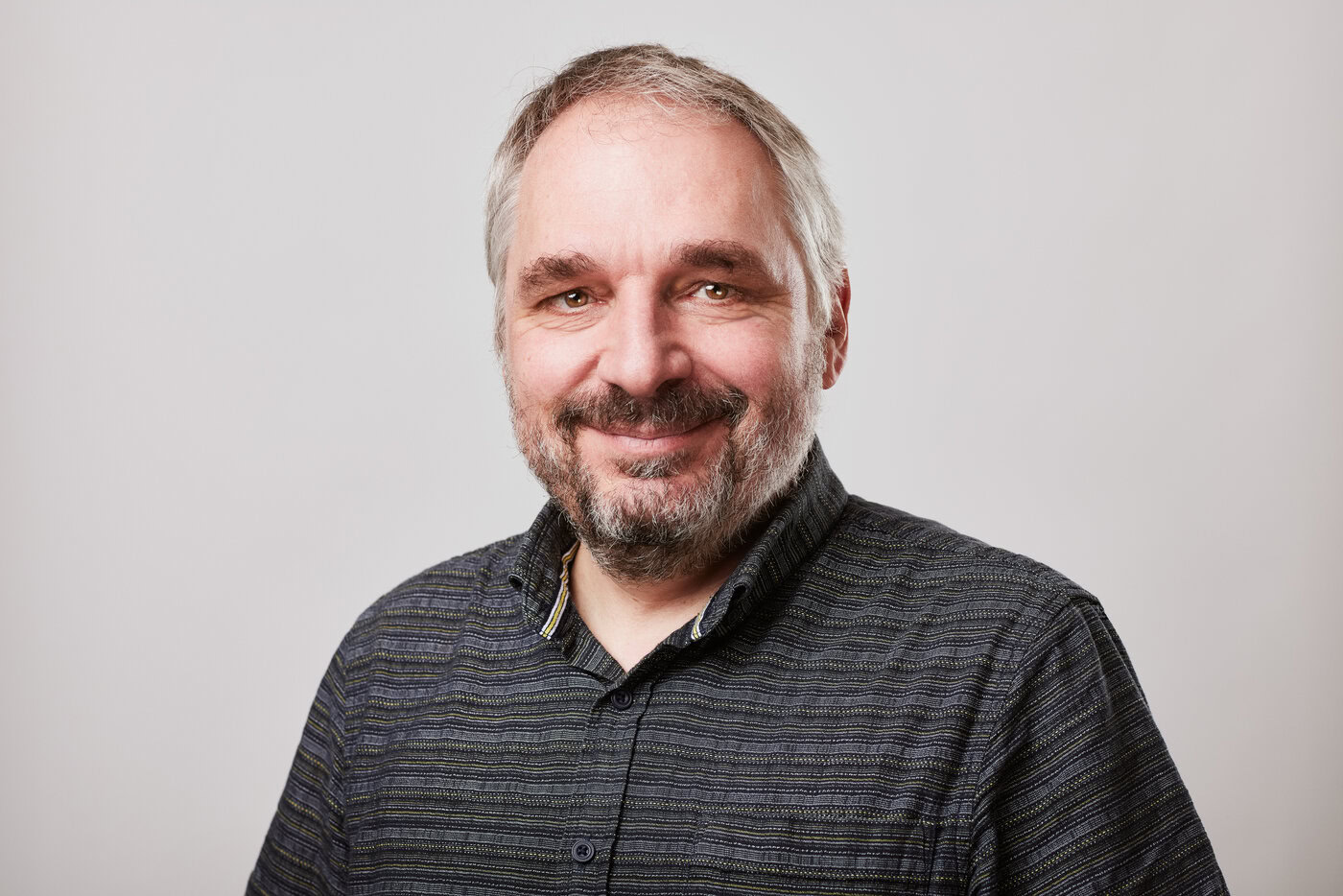
 Pictures: Tanja Lander
Pictures: Tanja Lander
